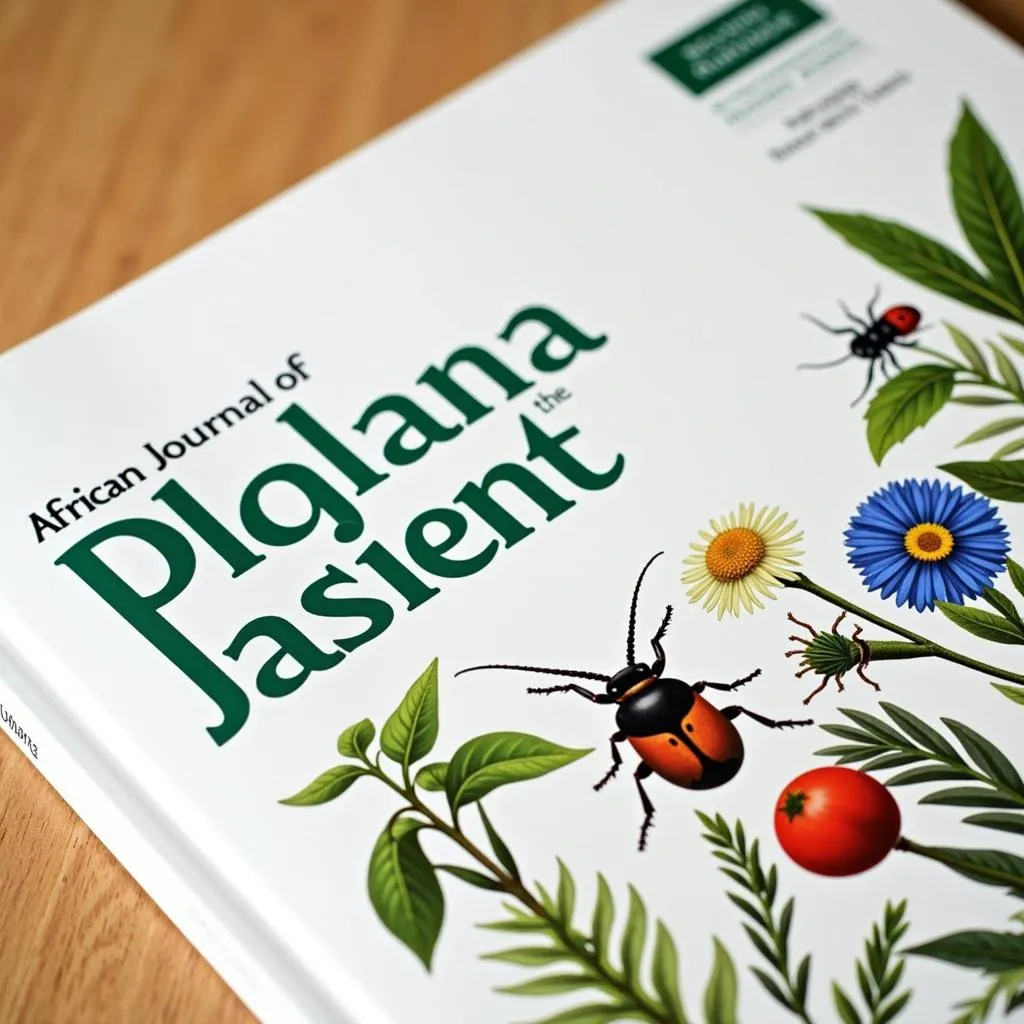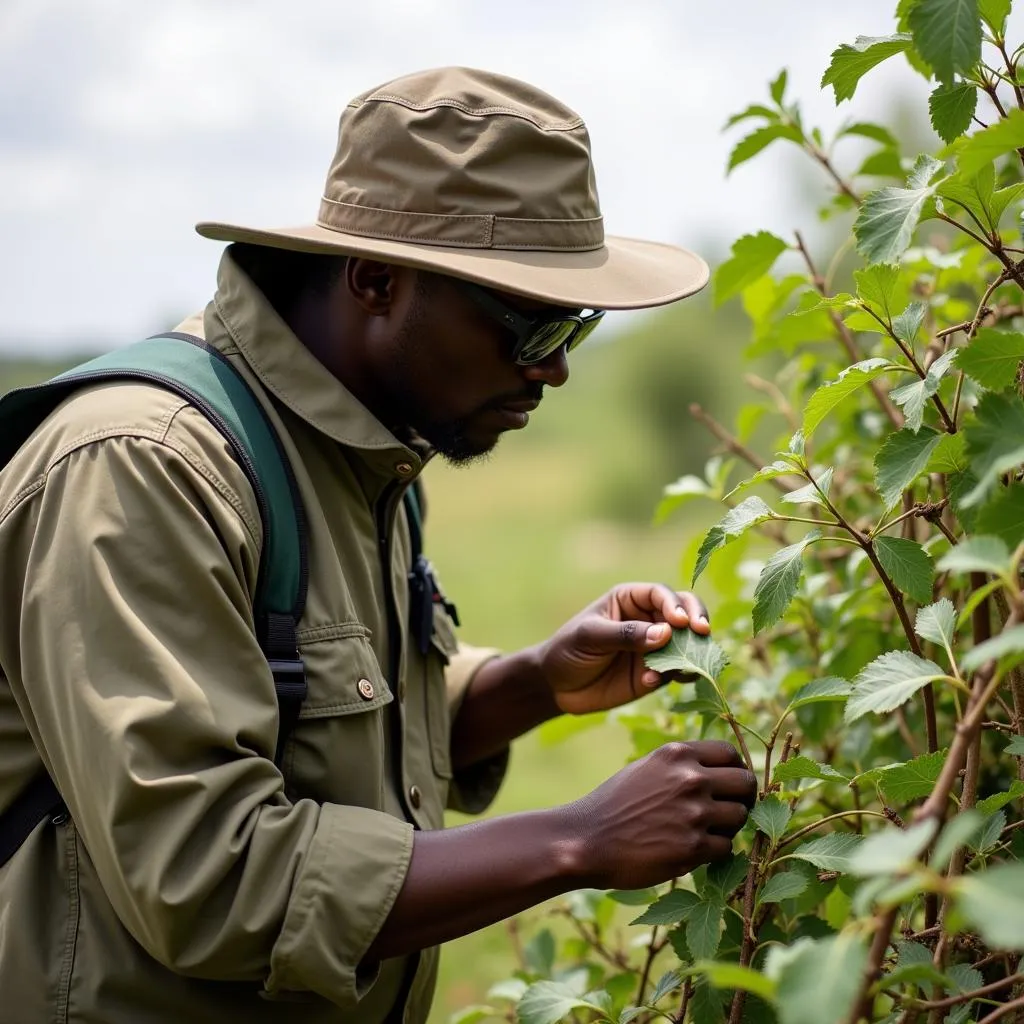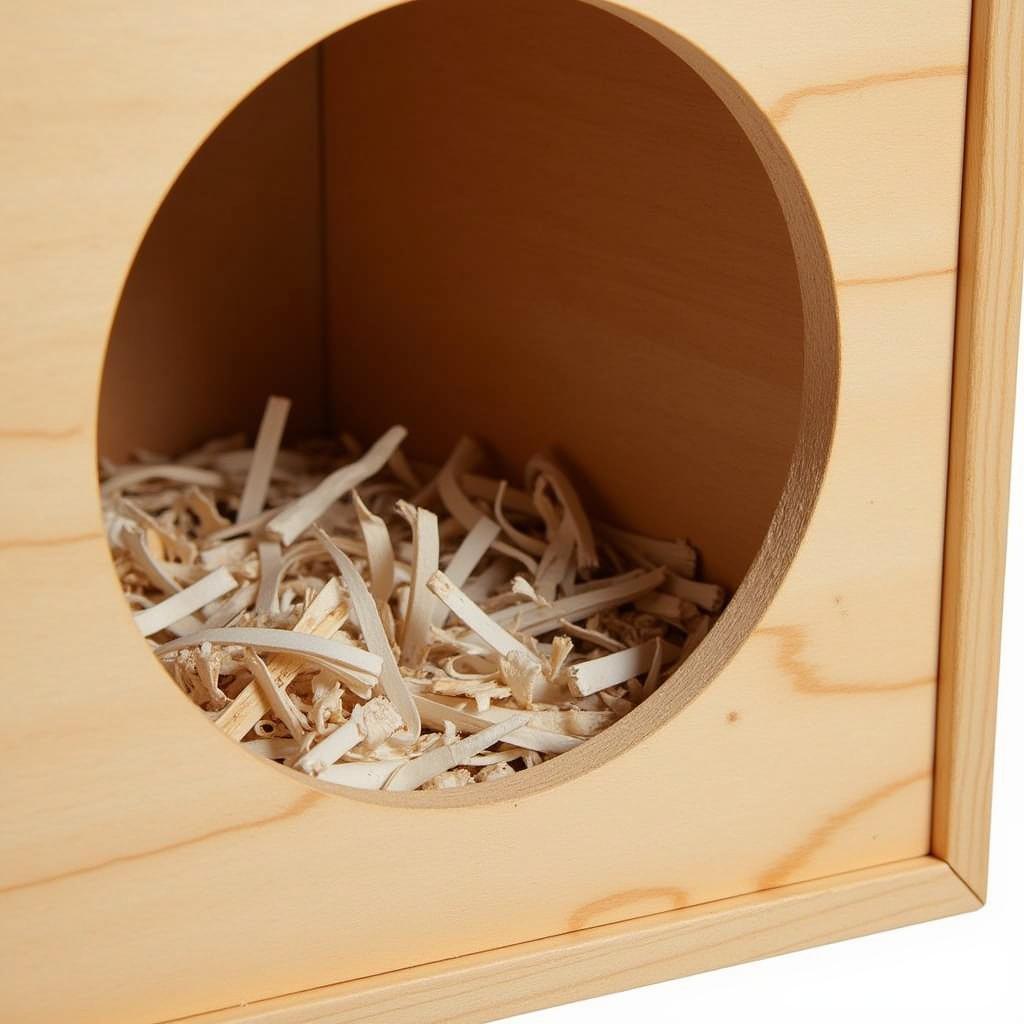Exploring the African Journal of Plant Science’s Focus on Predatory Organisms
The African Journal of Plant Science is a well-respected publication covering a diverse range of plant science topics relevant to the African continent. Within its pages, you’ll find a growing focus on a fascinating and important area: predatory organisms and their impact on plants. This exploration delves into the significance of this research and its implications for understanding plant-predator interactions in Africa’s unique ecosystems.
The African Context: Why Predation Matters
Africa boasts an incredible array of plant life, from the iconic baobab trees to delicate orchids found nowhere else on Earth. These plants have co-evolved with a plethora of insects, animals, and microorganisms, many of which pose significant threats. Understanding these predatory relationships is crucial for several reasons:
- Food Security: Crop pests and diseases can devastate agricultural yields, impacting food security across the continent. Research published in the African Journal of Plant Science helps to identify these threats and develop effective control strategies.
- Conservation: Many plant species in Africa are endangered due to habitat loss and other pressures. Understanding how predation affects their survival is vital for effective conservation efforts.
- Ecosystem Health: Predator-prey relationships are the foundation of healthy ecosystems. Studying these dynamics provides insights into the overall health and resilience of African environments.
 African Journal of Plant Science cover
African Journal of Plant Science cover
The Scope of Research: A Multifaceted Approach
The African Journal of Plant Science publishes research on various aspects of plant-predator interactions, including:
- Identification and Classification: Accurately identifying predatory insects, pathogens, and herbivores is the first step towards understanding their impact and developing control measures.
- Ecology and Behavior: Studying the life cycles, feeding habits, and interactions of predatory organisms provides crucial information for predicting and managing their populations.
- Plant Defenses: Plants have evolved a fascinating array of defenses against predation, from physical barriers like thorns to chemical compounds that deter or even poison attackers. Research in the journal explores these defenses in-depth, offering insights into potential applications for crop protection.
- Biological Control: Utilizing natural predators and parasites to control pest populations is a sustainable and environmentally friendly approach to agriculture. The journal showcases research on identifying and deploying beneficial organisms to safeguard crops.
Beyond the Lab: Bridging Science and Application
The research published in the African Journal of Plant Science isn’t confined to laboratories. The journal plays a crucial role in bridging the gap between scientific knowledge and its practical applications in agriculture, conservation, and ecosystem management. It provides a platform for scientists to share their findings with:
- Farmers: Equipping farmers with the knowledge and tools to combat pests and diseases effectively is vital for increasing agricultural productivity and improving livelihoods.
- Conservationists: Information on plant-predator interactions informs conservation strategies, helping to protect endangered species and preserve biodiversity.
- Policymakers: Science-based evidence is essential for developing sound policies that support sustainable agriculture and environmental conservation.
 African scientist studying plant predation in the field
African scientist studying plant predation in the field
The Future of Plant Science in Africa: Collaborative and Innovative
The African Journal of Plant Science, with its focus on predatory organisms, highlights the continent’s growing contribution to global plant science research. As we face the challenges of climate change, population growth, and the need for sustainable development, understanding and mitigating the impact of predatory organisms on plants will become increasingly critical.
The journal fosters collaboration among researchers, policymakers, and practitioners, promoting innovative solutions to safeguard Africa’s rich plant life and ensure a food-secure future for its people.
Frequently Asked Questions
- What types of predatory organisms are studied in the African Journal of Plant Science? The journal covers a wide range, including insects, mites, nematodes, fungi, bacteria, and even larger herbivores.
- How often is the African Journal of Plant Science published? It is typically published quarterly.
- Is the journal peer-reviewed? Yes, all articles undergo rigorous peer review by experts in the field before publication.
- How can I access the African Journal of Plant Science? Many articles are available online through the journal’s website or academic databases.
Explore Further
- Discover more about the African Journal of Plant Science: [Link to Journal Website]
- Learn about agricultural practices in Africa: [Link to relevant article on the website]
- Explore the biodiversity of African plants: [Link to relevant article on the website]
For inquiries or assistance, contact us at +255768904061 or [email protected]. You can also visit us at Mbarali DC Mawindi, Kangaga, Tanzania. Our dedicated customer support team is available 24/7 to address your needs.



